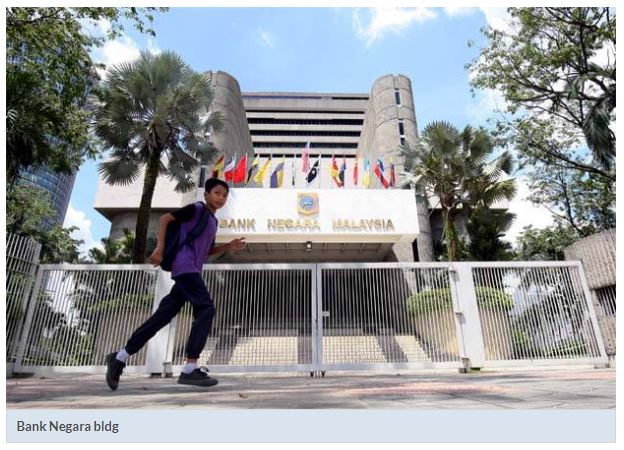Malaysia: Coronavirus – all eyes on first quarter GDP
WITH the events unfolding over the coronavirus (Covid-19) outbreak, the question in recent times is how bad can it get.
The growing number of infected and deaths has cast a pall in the countries that have been drawn into the outbreak. Seeing footage of medical personnel in hazmat suits and people wearing surgical masks more frequently leaves no doubt that Covid-19 will cause a huge dent in the economies in this region.
The surprise for Malaysia, however, is the GDP figure for the fourth quarter of last year. Coming in at a 10-year low, concerns will now swing into how such economic weakness will translate into the first quarter of this year that is already under pressure from the Covid-19 outbreak in China.
Granted that the slump in palm oil production and mining shaved off what the number could have been, those two sectors have camped out in negative territory for much of the past two years. But across the board, the demand and supply sides of the economic numbers point to a surprising weakness in the value-added process.
With tourist arrivals drying up, the tourism and retail trade sectors will take a body blow. This time, the punch will be more painful as tourists from China now make up 11% of the total in 2018 compared with 4% when SARS hit the region in 2003.
Another reason why the economic woe will be more pronounced now is that the China economy is three times larger on the global scale now compared with 2003 and its linkages to Malaysia and regional economies is far deeper now than before.
The task at hand for the government now will be to minimise the economic slowdown. With stocks now slumping and the economy now cascading from supply shocks and lesser spending, it is imperative that bolstering economic growth will be the top priority. Many economists have started to cut their 2020 growth forecasts.
Budget 2020 saw the government unveil the largest spending package ever and the issue now is whether some of that spending plans can be fast tracked.
The expansionary budget showed the government understood the need to inject some vibrancy in the economy and the Covid-19 crisis will mean that it will be an urgent need to fix things fast.
Any fiscal stimulus will need to be mindful not to slash government revenue that will already be pinched by the drop in economic activity and also commodity prices.
The main issue though is implementation. Policy responses by the government have been slow, and illustrating that is the National Automotive Policy that is to be released next week after a delay of more than a year.
With household debt already high and people already feeling the pressure from the high cost of living, freeing up money for consumption will tide things for a while but the impact may be muted than in the past.
Bank Negara has some policy room to cut interest rates by another 25 basis points and many are expecting that to be done together with the stimulus package.
The central bank must have known of the fourth quarter weakness when it cut the overnight policy rate by 25 basis points prior to the release of the 2019 fourth quarter numbers.
The response by the government will certainly be watched.
The business and investor community, which have translated their confidence in investment numbers, have been left frustrated by heightened politicking that have grabbed headlines instead of policy responses to navigate the economy through transitive stages that are needed to reform the economic pillars of the country.
Source: https://www.thestar.com.my/business/business-news/2020/02/14/coronavirus–all-eyes-on-first-quarter-gdp


 Thailand
Thailand




